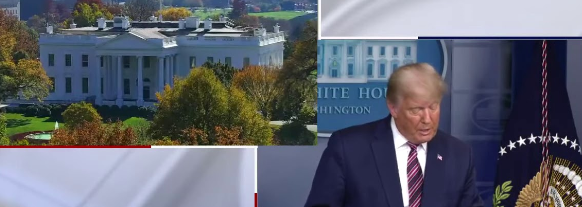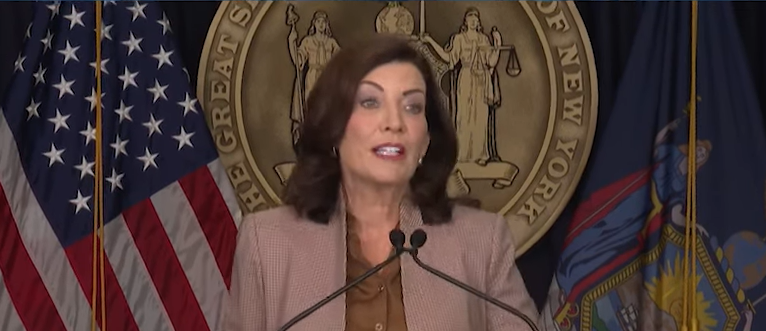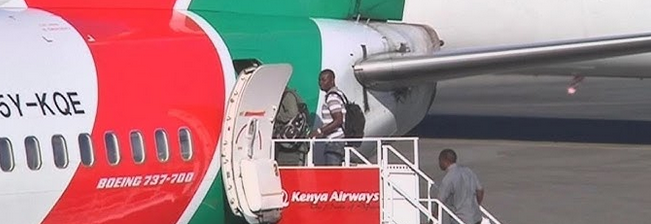[Midnight Rulemaking]
House Judiciary Committee Jerrold Nadler (D-NY) and Oversight and Reform Committee Chairwoman Carolyn B. Maloney (D-NY) sent a letter to the Office of Management and Budget (OMB) and the Office of Information and Regulatory Affairs (OIRA) expressing their strong concern against a potential last-minute roll-back of protections by the outgoing Trump Administration, and urging OMB and OIRA to instruct executive branch agencies not to engage in “midnight rulemaking.”
Photo: YouTube
Photo: YouTube
Today, House Judiciary Committee Jerrold Nadler (D-NY) and Oversight and Reform Committee Chairwoman Carolyn B. Maloney (D-NY) sent a letter to the Office of Management and Budget (OMB) and the Office of Information and Regulatory Affairs (OIRA) expressing their strong concern against a potential last-minute roll-back of protections by the outgoing Trump Administration, and urging OMB and OIRA to instruct executive branch agencies not to engage in “midnight rulemaking,” which may be rushed through without providing Congress adequate time to review new rules, as required by law.
In a second letter to the Government Accountability Office (GAO), the Chairs requested that the agency ensure all executive branch rulemaking during this transition period complies with the Congressional Review Act (CRA), which requires Federal agencies to submit reports of new rules to each house of Congress before any rule may take effect.
The letters come following reports that the Administration is seeking to rush through a series of regulatory roll-backs during President Trump’s final weeks in office.
These rules changes could include significant actions that have the potential to weaken air quality standards, lift protections for endangered species, jeopardize national security, or impose new immigration rules.
The CRA was enacted to better ensure that Congress has an opportunity to review and possibly disapprove regulations, in certain cases, before they become effective. A 2018 GAO study found that during the transition periods in 2000, 2008, and 2016, 25% of economically significant rules did not comply with the procedural requirements of the CRA. The failure of agencies to comply with the law has made it more difficult for Congress to exercise its oversight role under CRA, and can potentially create legal uncertainty for agencies and regulated parties.
Full text of the Chairs’ letter to OMB and OIRA can be found here.
Full text of the Chairs’ letter to GAO can be found here.







